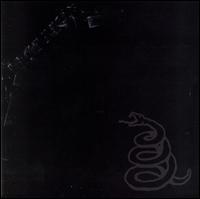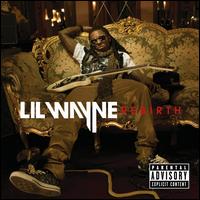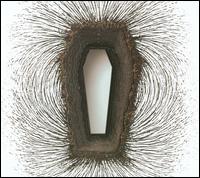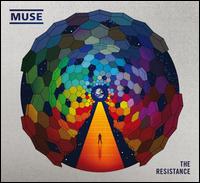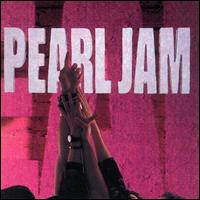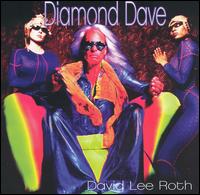Now Playing: Marching To Mars (1997)
Topic: Sammy Hagar
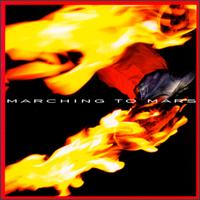
By 1997, Sammy Hagar already had a very accomplished and successful career. From his early days as the lead singer of Montrose, to his ventures as a solo artist, and then to the big spotlight as mouthpiece of Van Halen, Hagar had done it all. Sure, like every artist, he has had his share of ups and downs, but as a whole, Hagar was indeed a success. In 1996 though, his lengthy tenure in Van Halen ended rather abruptly after a whole controversy came to pass with Eddie Van Halen hiring back former lead singer David Lee Roth in a rather backwards attempt to reunite the original members of the band - it didn't work, and both Roth and Hagar left (though Roth would return ten years later), leaving Van Halen to tap into Gary Cherone as their singer, and the result was the abysmal Van Halen III (which I previously reviewed and ripped a new one here on Ethos). However, I digress. Hagar emerged from the rubble that was the mighty Van Halen, and had a second wind, and a second life as a solo artist.
Following his departure from Van Halen, Hagar's solo career was completely revitalized. His songwriting had only gotten better and more complex, but it was also more mature as a whole. I had always felt Hagar was a strong songwriter, but he must've learned a few things from being with Van Halen for long, because the musicianship and song quality on his first post-Van Halen album, Marching To Mars, is terrific, and some of his best solo work of his career. From the catchy and very original "Little White Lie", to the hard hitting "Salvation on Sand Hill", to the anthem-like title track, to even the neo-psychedelic "The Yogi's So High (I'm Stoned)", Hagar exhibits an ambitious and diverse collection of songs here. He even reunites with Montrose on "Leaving The Warmth Of The Womb", which is pretty cool.
This album exudes a sort of determination by Hagar to show that he can indeed exist on his own once again without the aid of Van Halen surrounding him. He was clearly a success before VH, and once again wanted to make that statement clear. If anything, he is better now than he was before Van Halen - and perhaps, a lot of that is owed to him being an integral part of that band for so many years. In any case, Marching To Mars is a treat because it has a lot of things going for it. It isn't by any means a masterpiece, as it does have some weaker, throw-away songs, but, for the most part, it is a strong cohesive album. This would only be the beginning of a newly rejuvenated Sammy Hagar, as he would continue, again, for the most part, to create a string of consistent solo albums.
TRACK HIGHLIGHTS:
"Little White Lie"
"Salvation on Sand Hill"
"Who Has The Right?"
"Would You Do It For Free?"
"Leaving The Warmth of the Womb"
"Marching To Mars"
-Kurt L.
_______________________________________________________
Updated: Friday, 12 March 2010 10:50 PM EST
Post Comment | Permalink | Share This Post



